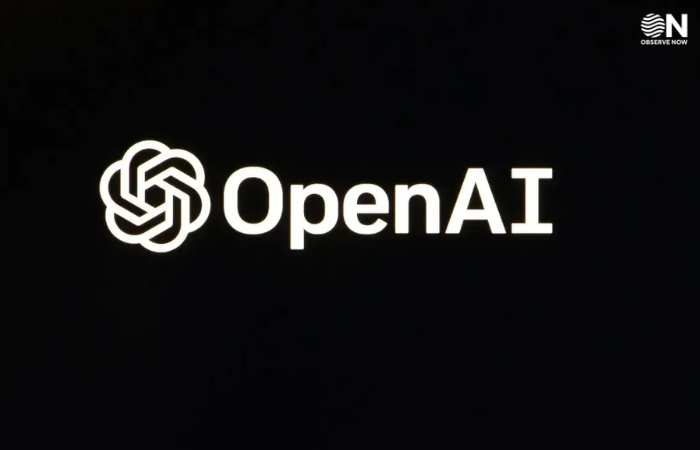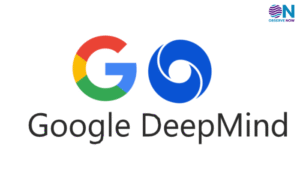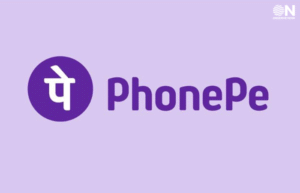OpenAI to Launch AI-First Web Browser Aiming to Disrupt Google Chrome

OpenAI is preparing to unveil its own Chromium-based web browser in the coming weeks, designed to challenge Google Chrome’s market dominance by integrating advanced AI assistance directly into the browsing experience. Built on the open-source Chromium framework, this browser will natively include ChatGPT and other agent-based AI tools, enabling users to perform tasks like booking reservations, filling out forms, finding deals, and drafting emails without leaving the browser interface.
This launch comes as ChatGPT already boasts more than 400 million weekly active users—many of whom could migrate to OpenAI’s browser, potentially drawing away a significant chunk of Chrome’s 3.45 billion monthly users. Moreover, direct access to browsing data would bolster OpenAI’s capabilities in AI training and personalization—currently a major advantage held by Google’s search ecosystem .
Former Google Chrome engineers Ben Goodger and Darin Fisher have joined OpenAI, bringing critical technical experience that hints at its ambition to build a viable alternative to established browsers. Additionally, OpenAI is reportedly in discussions with partners like Condé Nast, Redfin, Eventbrite, Priceline, Samsung, and Apple to integrate its agentic browser into various platforms and services.
Market analysts suggest that if even a fraction of ChatGPT’s user base transitions to the new browser, it could disrupt Google’s ad-revenue model—tightly linked to Chrome’s data pipelines. The U.S. Department of Justice’s ongoing antitrust pressure on Google to possibly divest Chrome adds context to this move, creating an opportune window for challengers like OpenAI.
While details on features, privacy policies, or a launch date remain unpublished, OpenAI’s project clearly represents a bold push to reimagine web browsing for an AI-first generation. By offering a seamless chat-driven interface capable of executing tasks directly within the browser, OpenAI is betting that internet users are ready for a smarter, more dynamic online experience—one that could reshape how we interact with the web and challenge the status quo.
















